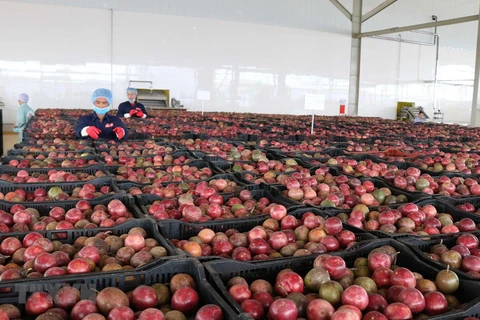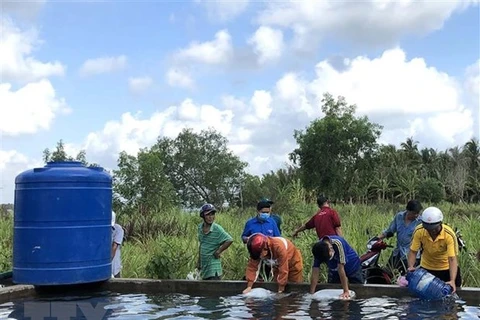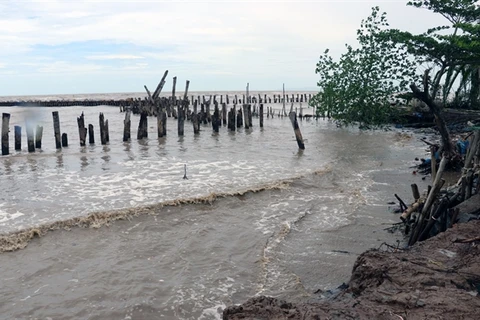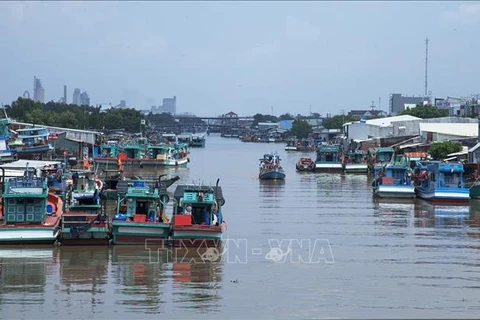Kien Giang (VNS/VNA) — The Mekong Delta province of Kien Giang has begun to increase waste treatment on islands and along coasts to protect the environment.
It has two island districts, Phu Quoc and Kien Hai, coastal cities Ha Tien and Rach Gia and coastal districts Kien Luong, Hon Dat, Chau Thanh, An Bien, and An Minh.
Phu Quoc and Kien Hai, which are tourist attractions, are stepping up waste treatment and popularising it.
In June last year the former chose the first Saturday of every month as ‘the Day for Phu Quoc Environment’. The campaign has improved public awareness of sanitation, environmental protection and the efficiency of rubbish collection.
The island generated around 155 tonnes of rubbish a day in 2018, the last year for which data is available, but only collected 90 tonnes and dumped them in landfills.
Kien Hai now generates 14.6 tonnes of waste a day and collects 80 percent of it and dump in landfills. In areas where rubbish is not collected, authorities tell residents to bury or burn them.
The province's Department of Natural Resources and Environment has asked the Ministry of Natural Resources and Environment and the People’s Committee to allocate funds to expand rubbish collection and close temporary landfills, build waste transit stations and solid waste treatment plants in Phu Quoc and Kien Hai, and create models for collecting and treating waste on islands.
It wants island communes far from the mainland like Hon Dat and Tho Chu in Phu Quoc district to be given priority in building manual incinerators to burn household rubbish.
Installation of one such incinerator, diesel-fuelled, in Ha Tien city’s Tien Hai island commune in 2017 has improved waste treatment there.
It has a daily capacity of 1.5 tonnes.
The Tien Hai waste collection group that manages the incinerator said seven to eight cubic metres of rubbish arrive daily. After collecting the rubbish, the group transports it to the incinerator and dries it first.
It has advised residents to clean up their neighbourhoods and put waste in designated places so that it can collect all the waste. Now it regularly cleans up streets, beaches and tourism areas.
Besides installing the incinerator, Tien Hai commune has also been exchanging plastic waste for rice since May.
This campaign was created by the local units of the Fatherland Front Committee, the Women’s Union, the Farmers' Association and the Veterans' Association.
Members of the public can come to the commune's People’s Committee to exchange two kilogrames of plastic waste for one kilogramme of rice every Thursday./.
























